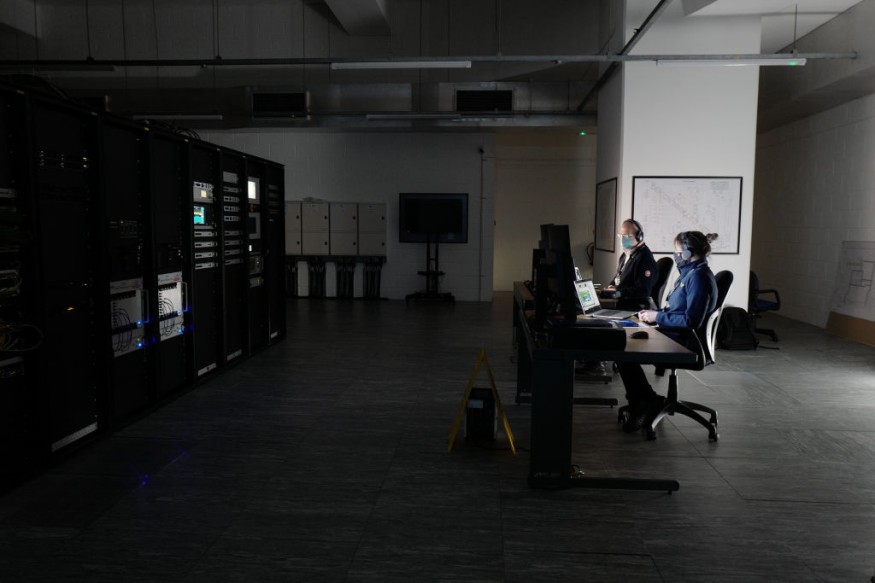
The initial plan of the European Space Agency (ESA) to launch an expedition to Mars; a cooperative primary goal with Russia, was cancelled
The expedition was supposed to depart to Mars eventually within the year, however it has been put on hiatus temporarily.
European Space Agency Cancels Joint Mars Mission with Russia
In a news published by ScienceAlert, making reference to the Russian Space Industry and its involvement in the following aspect of the ExoMars initiative, which entails submitting a robot arm and a Russian exterior framework to the Red Planet, the bureau of the European Space Agency would no longer be able to undertake the currently underway cooperation with Roscosmos on the ExoMars space shuttle quest with the expected release in year of 2022.
The turn of event is due to the tragic incident that has unfolded in Ukraine till the Russian encroachment on the 24th of February, as per the European Space Agency's Local authority announcement on the 17th of March - Thursday.
In the official message written by the ESA to the media, given the international body tasked with developing and implementing aerospace projects in strict accordance with European principles, experts bitterly regret the humanitarian fatalities and sad repercussions of aggressive behavior against Ukraine.
Russia established both the surface framework as well as the Proton launch system, an easily disposable booster rocket designed to deliver ExoMars cargo to the fourth rock from the solar system, according to Jeff Foust of SpaceNews. The space probe on its own encompasses Russian methodologies and radioactive material thermal components provided by Russia.
So, the question as to if this is ExoMars' death knell remains unknown, while lawmakers are searching for alternate partner organizations, so it would be just not there yet. While the ESA executive officer and producer Josef Aschbacher have previously informed the public that the NASA is among the potential alternative.
ESA had intended to collaborate on the project with NASA almost a couple of decades ago, however the US aerospace organization withdrew from the idea.
Furthermore, the advisory committee recommended that Aschbacher initiate an advanced manufacturing analysis to investigate alternate solution methods of launching ExoMars as well as deploying the European-built robot arm Rosalind Franklin to the biosphere.
"What we have to do now is take a gander into all of these possible choices," Josef Aschbacher told reporters of SpaceNews.
There are multiple alternatives: Europe alone or Europe with international nations.
ESA Looks For Alternative Solutions
ExoMars is charged with determining as to if or not civilization before or since has flourished on Mars. The payload-carrying launch vehicle was set to be deploy from Baikonur, Kazakhstan, somewhere throughout a 12-day window expected to commence on the 20th of September, year 2022, with a Mars field goal attempt approx for June 10, 2023.
As per the ESA, arriving on Mars, the space probe will be particularly inclined to cruise all over terrain, dig surface to a range of 6.5 feet, gather specimens, and afterwards examine those pieces using sensors in an engine management research facility.
Since the Martian environment provides negligible safety and security from sunlight and a nerve agent process known as oxidation, the ESA believes that subsurface specimens are perhaps the most probable to show molecular components.
The Rosalind space probe contains has six tires, all of which can be guided and operated separately, culminating in a distinct kind of movement known as wheel walking.
Related article : Shooting Stars! What are They and How Rare is it to Spot Them?
© 2025 NatureWorldNews.com All rights reserved. Do not reproduce without permission.





